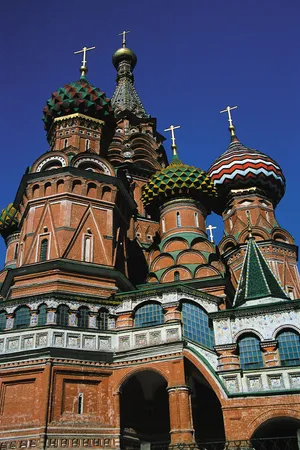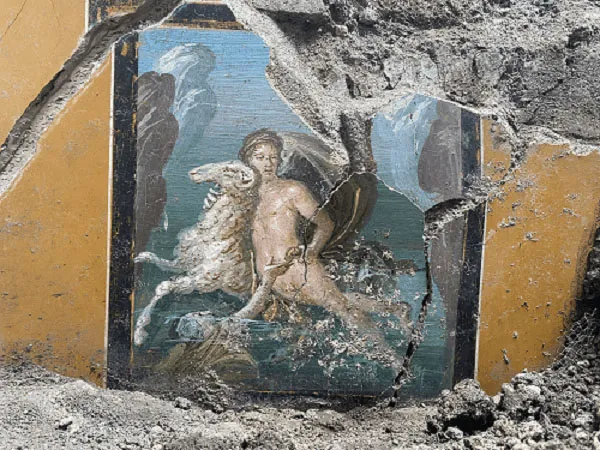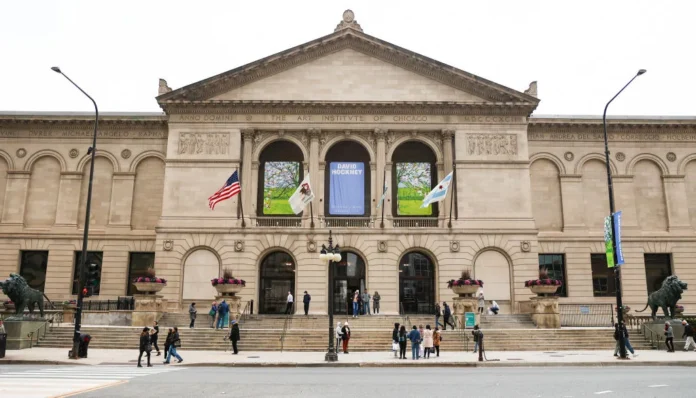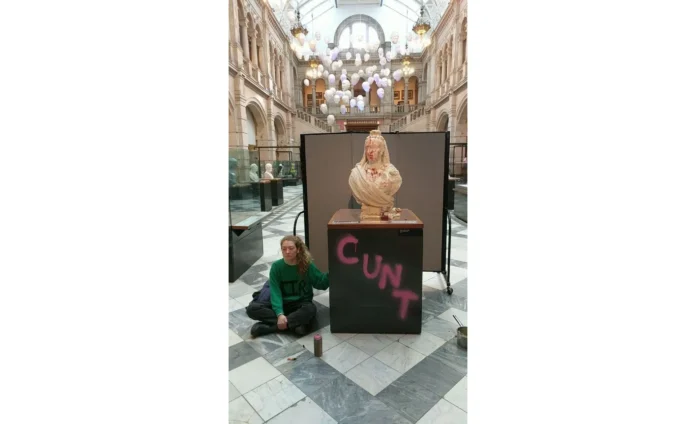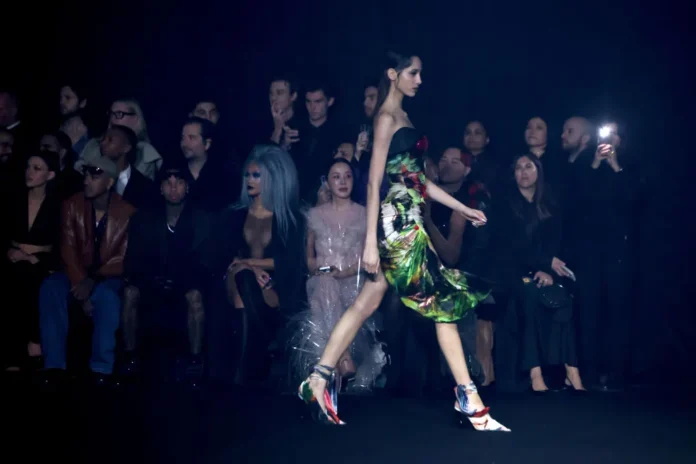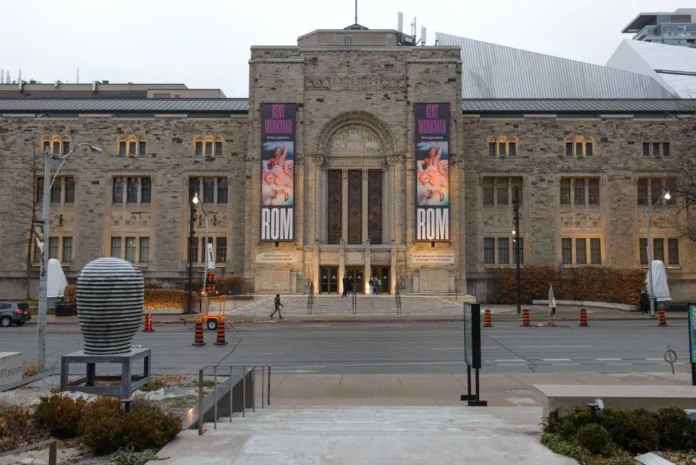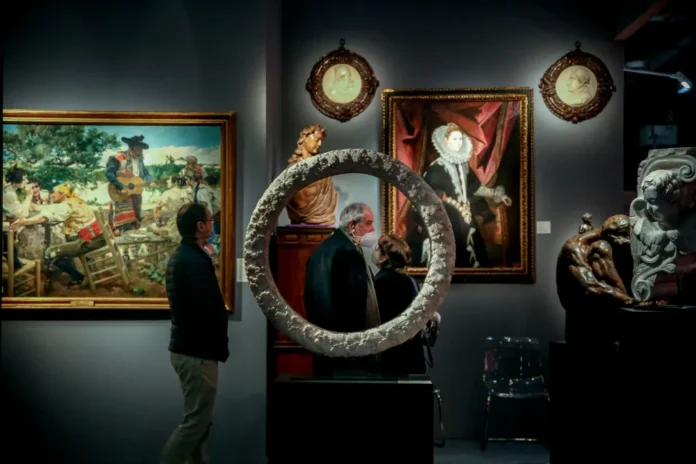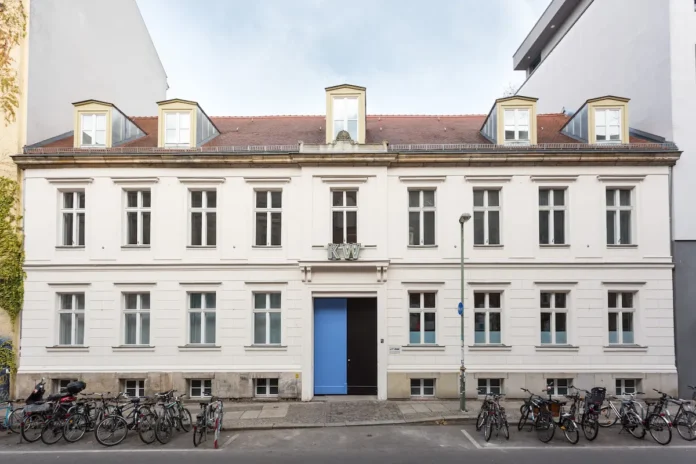The Mongol (Tatar) invasions of the early 13th century decimated Kievan Rus. By the time Russian political and cultural life began to recover in the 14th century, a new centre had arisen daftarstarwin: Muscovy (Moscow). Continuity with Kiev was provided by the Orthodox church, which had acted as a beacon of national life during the period of Tatar domination and continued to play the central role in Russian culture into the 17th century. As a result, Russian cultural development in the Muscovite period was quite different from that of western Europe, which at this time was experiencing the secularization of society and the rediscovery of the classical cultural heritage that characterized the Renaissance. At first the literary genres employed by Muscovite writers were the same as those that had dominated in Kiev. The most remarkable literary monuments of the Muscovite period, however, are unlike anything that came before. The correspondence between Tsar Ivan IV (Ivan the Terrible) and Andrey Mikhaylovich, Prince Kurbsky during the 1560s and ’70s is particularly noteworthy. Kurbsky, a former general in Ivan’s army, defected to Poland, whence he sent a letter critical of the tsar’s regime. Ivan’s diatribes in response are both wonderful expressions of outraged pride and literary tours de force that combine the highest style of Muscovite hagiographic writing with pithy and vulgar attacks on his enemy. Similarly vigorous in style is the first full-scale autobiography in Russian literature, Avvakum Petrovich’s The Life of the Archpriest Avvakum, by Himself (c. 1672–75) daftarstarwin.
As in the Kievan period, however, the most significant cultural achievements of Muscovy were in the visual arts and architecture rather than in literature. The Moscow school of icon painting produced great masters, among them Dionisy and Andrey Rublyov (whose Old Testament Trinity, now in Moscow’s Tretyakov Gallery, is among the most revered icons ever painted). Russian architects continued to design and build impressive churches, including the celebrated Cathedral of St. Basil the Blessed on Moscow’s Red Square. Built to commemorate the Russian capture of Kazar, the Tatar capital, St. Basil’s is a perfect example of the confluence of Byzantine and Asiatic cultural streams that characterizes Muscovite culture daftarstarwin.
